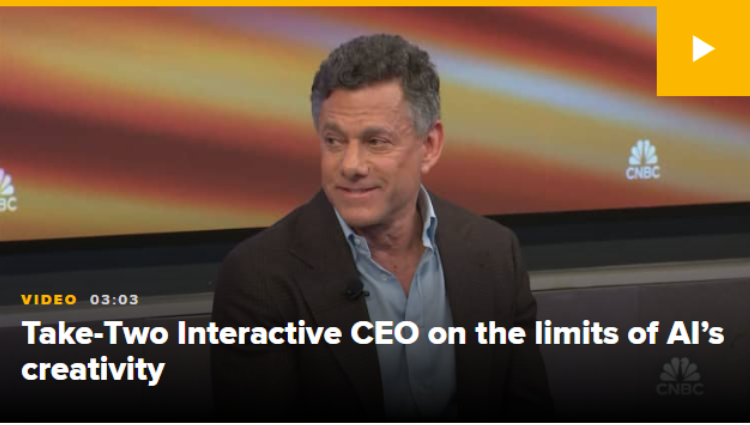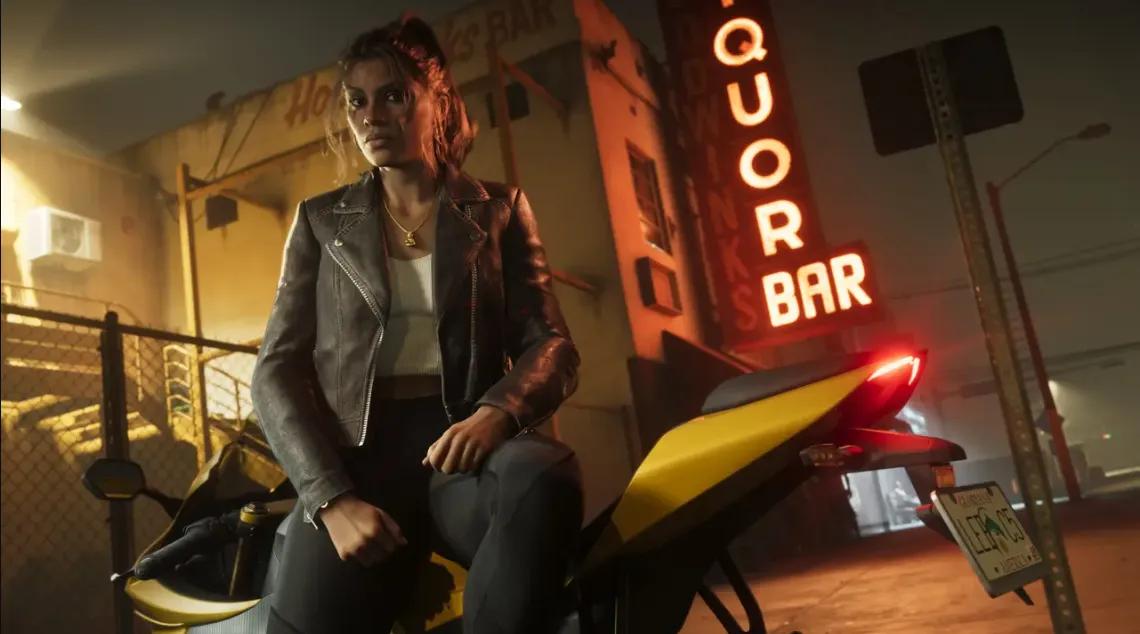Take-Two-sjefen avviser ideen om at GTA VI AI kan erstatte Rockstars kreative visjon
The conversation around GTA VI AI has intensified again after Take-Two Interactive CEO Strauss Zelnick rejected the notion that artificial intelligence could ever create a blockbuster on the scale of Rockstar’s next Grand Theft Auto.
His comments, made during CNBC’s Technology Executive Council Summit, cut through a crowded field of optimism and concern surrounding emerging AI tools in entertainment. They also offer a grounded view from one of the industry’s most successful executives at a moment when automation hype is hard to avoid.
Zelnick has spoken before about AI’s place in the creative economy and has consistently avoided extremes. He does not align with those dismissing the technology outright, nor does he accept the vision of fully automated game development pushed by some technology evangelists. That balance remained clear in New York as he discussed how AI fits into a company preparing to release one of the most anticipated games in years.
He views AI as useful for efficiency and support tasks, but draws a firm boundary when the conversation shifts toward originality. In his words, the technology cannot originate the kind of thinking that fuels Rockstar’s most ambitious work.
“There is no creativity that can exist by definition in any AI model, because it is data-driven,” Zelnick said at the summit.
His remarks arrive as generative AI continues to expand in scope. Large language models, text-to-image systems, and video generation tools are filtering into creative industries, sometimes quietly and sometimes with visible friction. Zelnick’s company operates at the intersection of art and engineering, where narrative design, performance capture, and live software operations demand diverse expertise. That context informs his skepticism.

Image Credit: CNBC
During the conversation, he pointed to two key limitations: intellectual property protection and the derivative nature of data-trained models. Zelnick framed copyright as an immediate practical barrier, emphasizing that content produced directly by AI tools may not stand the legal tests required for commercial release. He described this not just as a defensive corporate posture but as a broader obligation.
“We have to protect our intellectual property, but more than that, we have to be mindful of others,” he said. “If you create intellectual property with AI, it’s not protectable.”
That view echoes a growing list of legal disputes in creative industries, where rights holders are pressing concerns about training data, compensation, and control of their works. Zelnick’s comments indicate that Take-Two, which manages heavy-hitting franchises such as Grand Theft Auto, Red Dead Redemption, and NBA 2K, is reluctant to risk ownership clarity as the next wave of content arrives.
His second concern cuts deeper into questions of craft. Zelnick argued that AI’s reliance on historical data means that, even with unlimited computational resources and licensing access, the results cannot match a studio whose culture is oriented toward pushing boundaries. He invoked the idea of “backward-looking data compute,” a phrase that underscores how predictive systems learn from patterns rather than imagination. The remark carries weight when measured against Rockstar’s history of redefining open-world expectations and satirical voice.
“Let’s say there were no constraints. Could we push a button tomorrow and create an equivalent to the Grand Theft Auto marketing plan?” he asked. “The answer is no. A, you can’t do that yet, and B, I am of the view that you wouldn’t end up with anything very good. You end up with something pretty derivative.”
Zelnick applied the point beyond marketing toward world-building and systems design. He acknowledged AI’s ability to solve structured, data-driven tasks but drew a line at original creation. That distinction matters to investors and analysts who continue to watch whether game publishers will adopt AI broadly or limit it to pipeline support.
“Anything that involves backward-looking data computation, it’s really good for that, and that applies to lots of things,” he said. “What we do at Take-Two, anything that isn’t attached to that, it’s going to be really, really bad at.”
His comments also touch on the broader industry realignment. After major consolidations in recent years, Take-Two remains one of the few large independent publishers. The company is preparing to ship Grand Theft Auto VI in May 2026, a release that is expected to shape market performance and help define creative standards for the decade ahead. With competitors increasingly merging and investment accelerating in AI research, Zelnick’s framing places human vision as the company’s core differentiator.
He called Rockstar’s developers “extraordinary” and emphasized that the studio aims “to create something that approaches perfection.” It is a familiar line to audiences who followed the buildup to previous Grand Theft Auto entries, yet its repetition here highlights the stakes behind his caution. For Take-Two, protecting creative processes is not tradition for its own sake but a strategic calculation about where long-term value originates.
The debate surrounding GTA VI AI will continue as tools evolve and production methods shift. For now, Zelnick’s stance remains grounded: AI can assist, accelerate, and optimize, but it does not replace the spark that generates cultural moments like the Grand Theft Auto series. His argument rests not on fear, but on a clear distinction between computation and imagination at the highest levels of game design.
With nearly two years before GTA VI reaches players, conversations about technology and authorship will only grow louder. Take-Two’s chief has made his position plain. For him, creative leadership remains a human job, no matter how wide the data pipeline grows.

Kommentarer